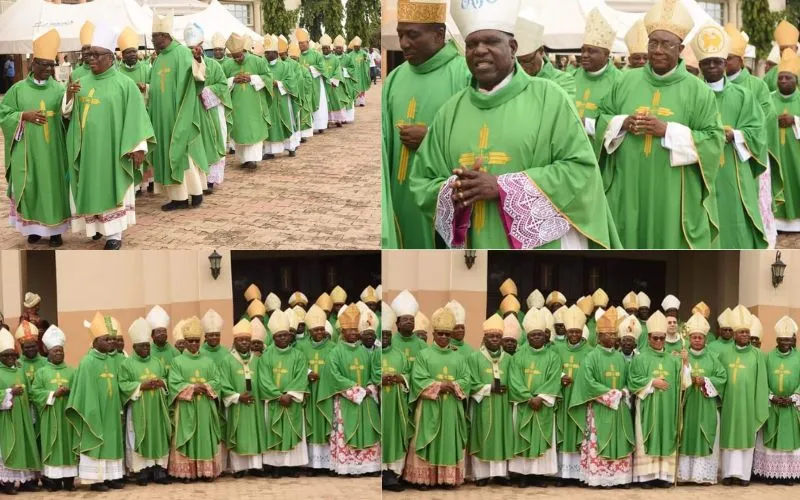Abuja, 01 September, 2024 / 10:40 pm (ACI Africa).
Members of the Catholic Bishops’ Conference of Nigeria (CBCN) are concerned about the country’s growing debt and describe it as a burden that depicts a “new form of enslavement”.
In a communiqué following their August 22-30 second Plenary Assembly held in Nigeria’s Catholic Diocese of Auchi, CBCN members advocate for reforms in the economic policies of the West African nation.
“The debt burden has turned out to be a new form of enslavement of present and future generations,” they say referring to the strain that servicing the debt places on the country's economy.
While the current government's economic reforms, which included the withdrawal of fuel subsidies and the floating of the Naira, were necessitated by the need to balance budget deficits, the Catholic Church leaders note that these reforms have led to “galloping inflation” and have plunged many Nigerians into conditions of “cruel suffering and wretchedness.”
The debt burden has reduced most Nigerians to living conditions that “detract from human dignity”, CBCN members lament, adding that the country’s current socio-economic challenges cannot be resolved by economic reforms alone.





